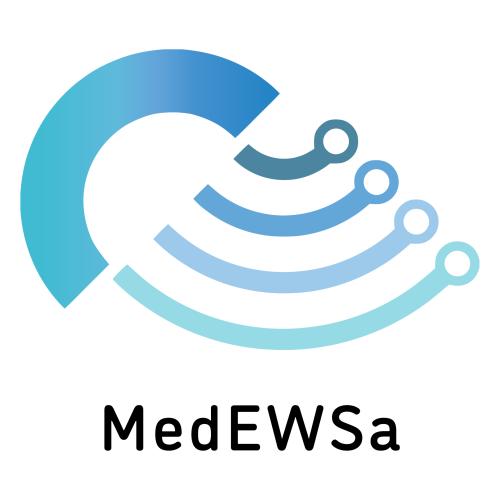
Overview
Status
Start
End
- Type
- CP/DRM-related Horizon projects
- EU contribution amount
- EUR 4 999 874.00 (MedEWSa - ID: 101121192)
- Funding source
- Geographic focus
- all Europe/EU
- Contact email
Description
MedEWSa is relevant to the UCPM since it is focused on the development of early warning systems (EWS) across the European-Med- African region. The project was awarded funding under the DRS call Improved impact forecasting and early warning systems supporting the rapid deployment of first responders in vulnerable areas
"Natural hazards, such as extreme weather events, are exacerbated by climate change. As a result, emergency responses are becoming more protracted, expensive, frequent, and stretching limited available resources. This is especially apparent in rapidly warming regions. MedEWSa addresses these challenges by providing novel solutions to ensure timely, precise, and actionable impact and finance forecasting, and early warning systems (EWS) that support the rapid deployment of first responders to vulnerable areas. Specifically, MedEWSa will deliver a sophisticated, comprehensive, and innovative pan-European–Mediterranean–African solution comprising a range of complementary services. Building on existing tools MedEWSa will develop a fully integrated impact-based multi-hazard EWS. This call contained five expected outcomes, all of which will be specifically addressed by MedEWSa. Led by Justus Liebig University Giessen, Germany, MedEWSa will be an exemplar of the UN Secretary General’s March 2022 call to ensure that everyone on Earth is protected from extreme weather and climate-related hazards by EWS within the next five years.
Through eight carefully selected pilot sites (areas in Europe, the southern Mediterranean, and Africa with a history of being impacted by natural hazards and extreme events with cascading effects), four twins will be created:
● Twin #1: Greece (Attica) – Ethiopia (National Parks): wildfires and extreme weather events (droughts, wind)
● Twin #2: Italy (Venice) – Egypt (Alexandria / Nile Delta): coastal floods and storm surges
● Twin #3: Slovakia (Kosice) – Georgia (Tbilisi): floods and landslides
● Twin #4: Spain (Catalonia) – Sweden (countrywide): heatwaves, droughts and wildfires.
The twins will bridge areas with different climatic/physiographic conditions, yet subject to similar hazards, and are well positioned to deliver long-term bi-directional knowledge transfer. They will demonstrate the transferability and versatility of the tools developed in MedEWSa.
Risk drivers